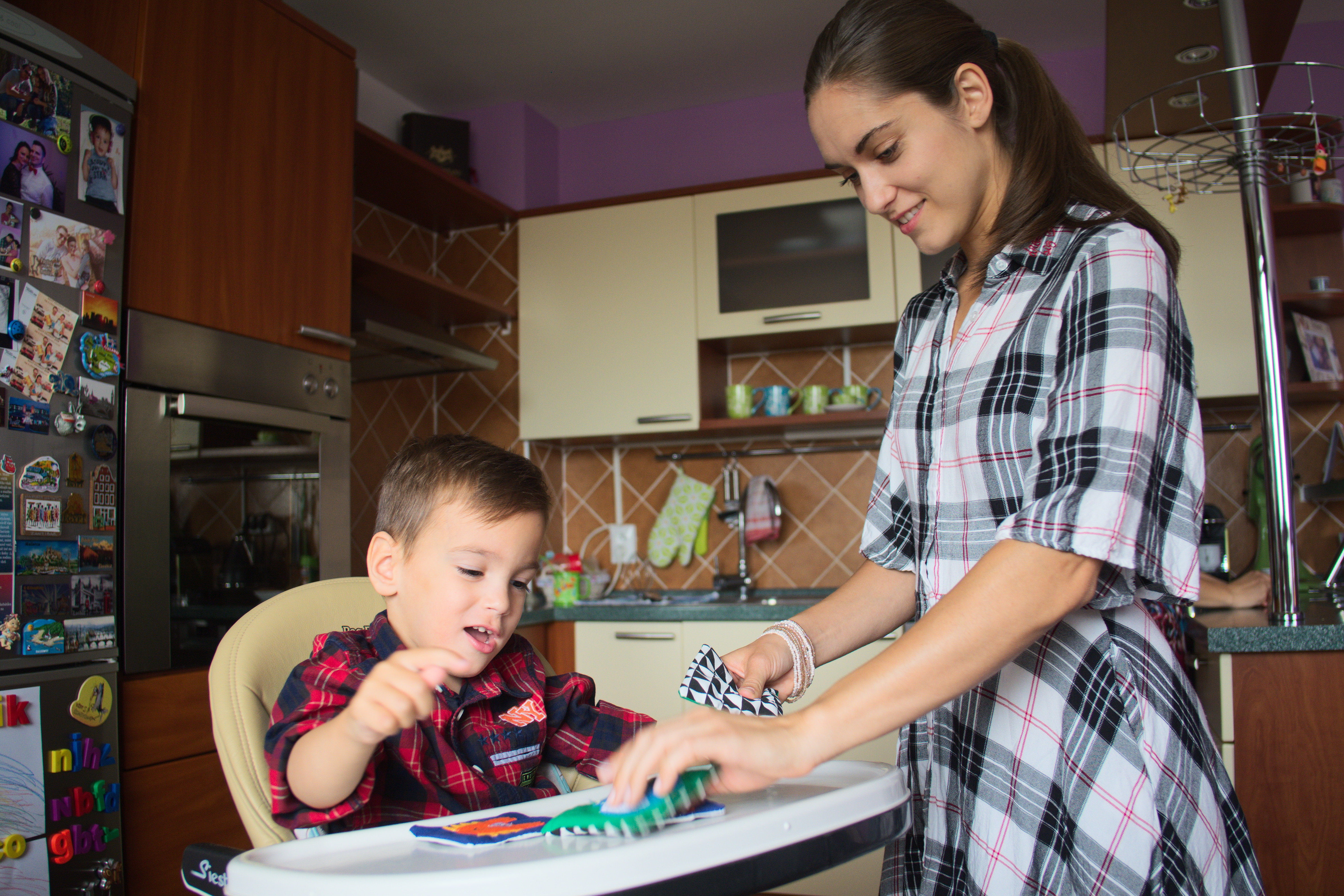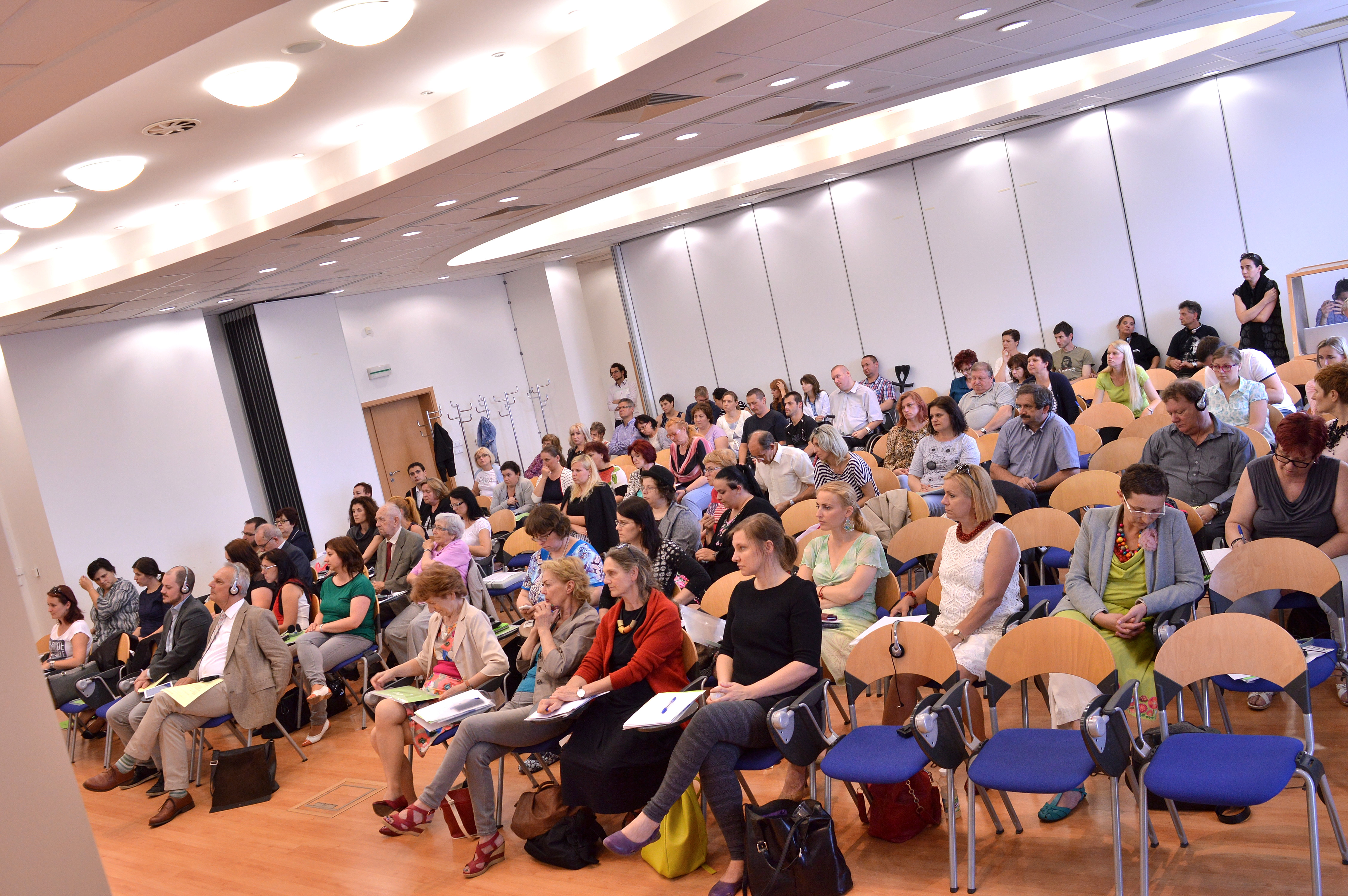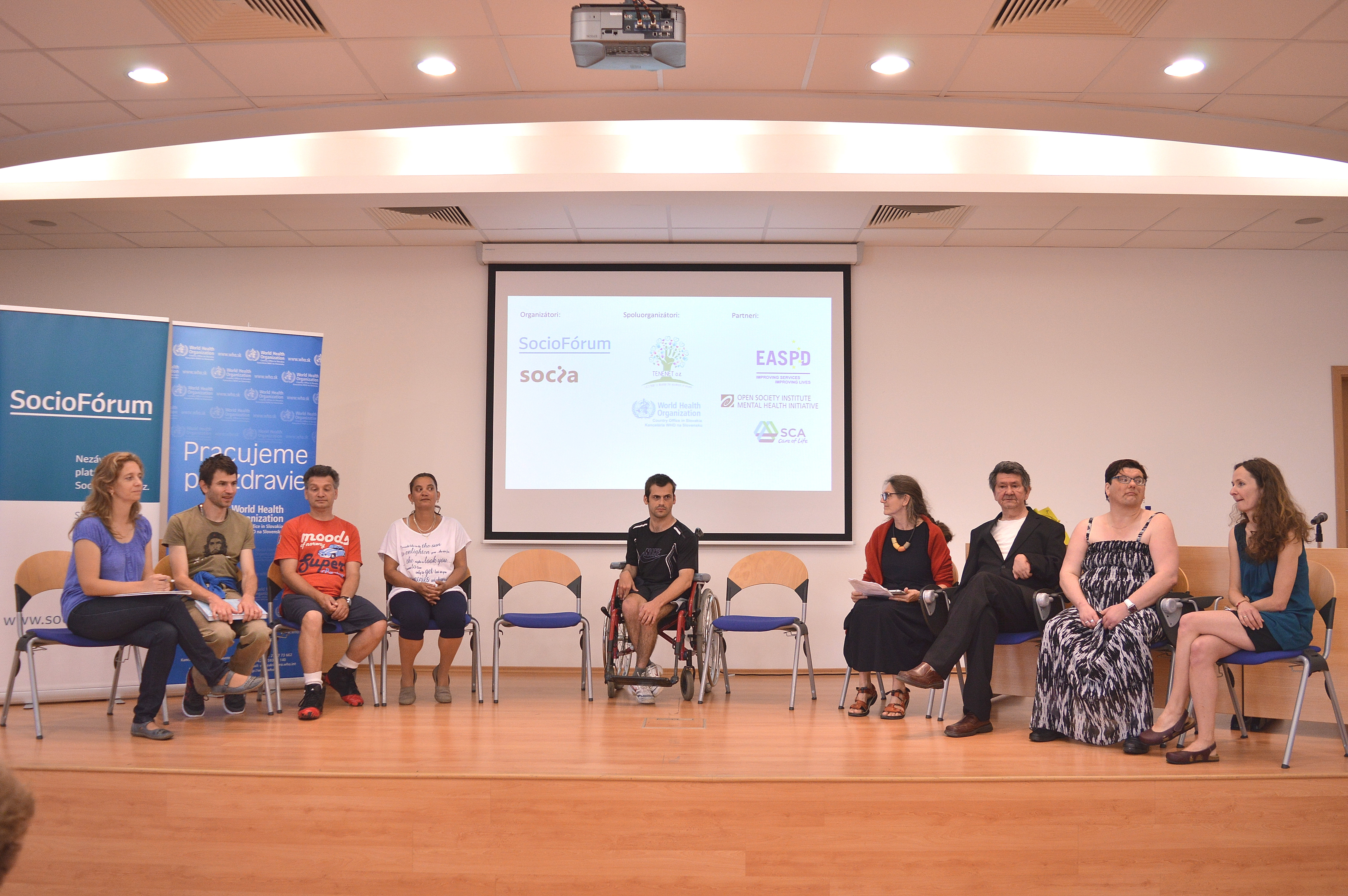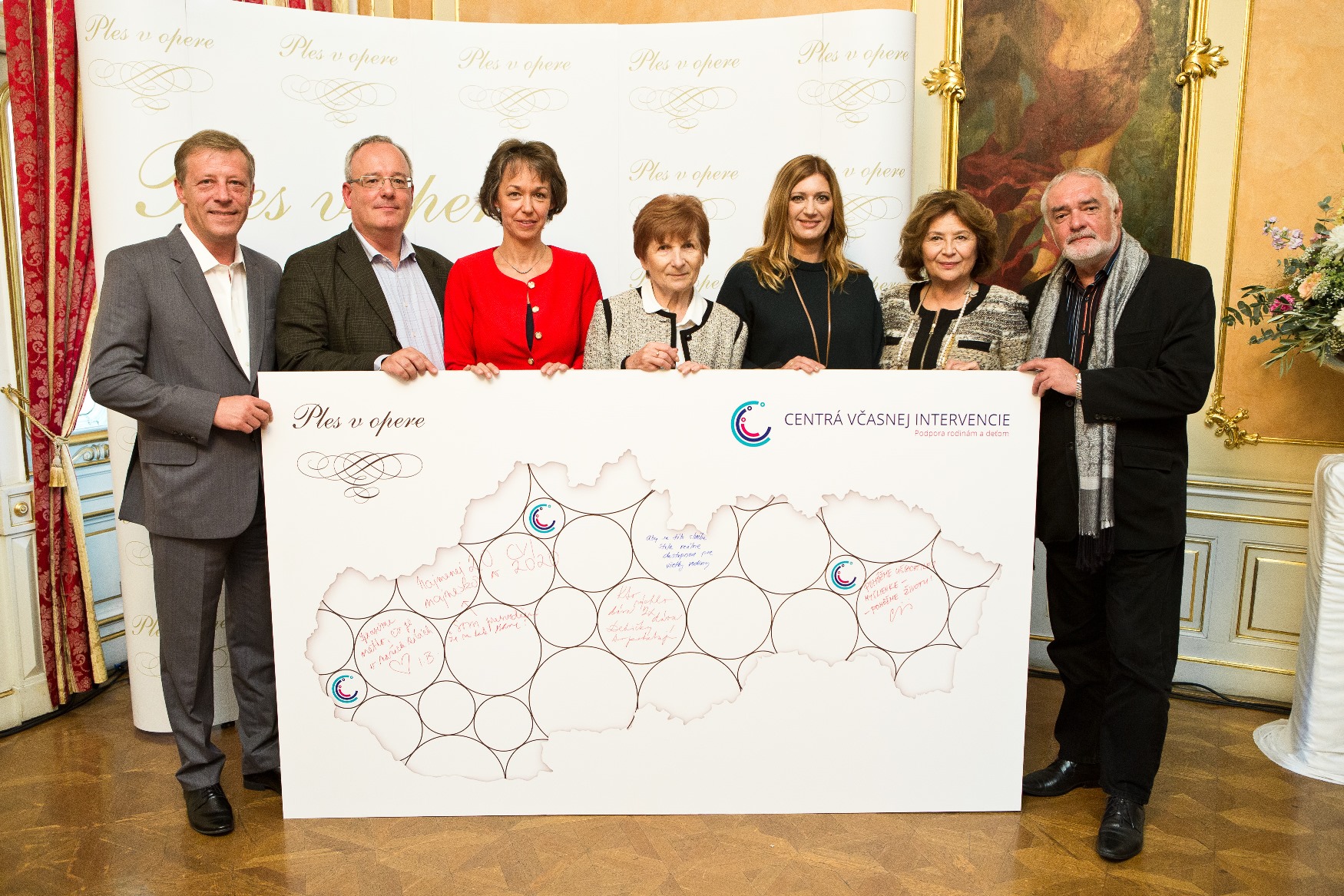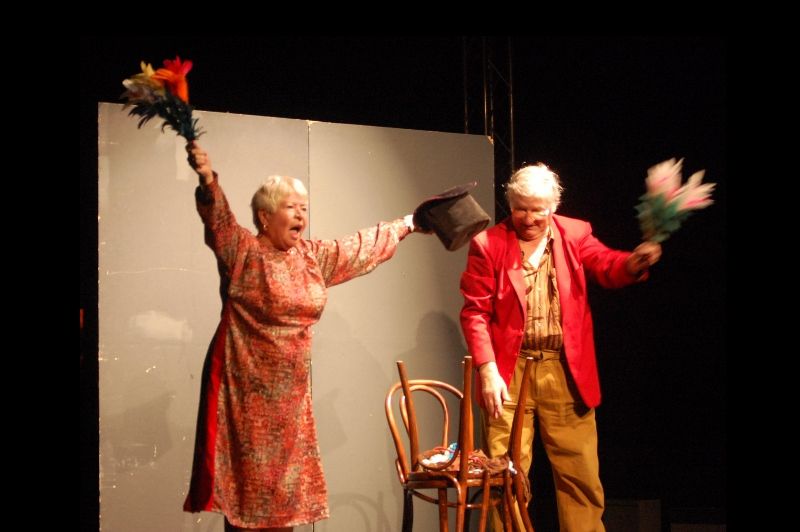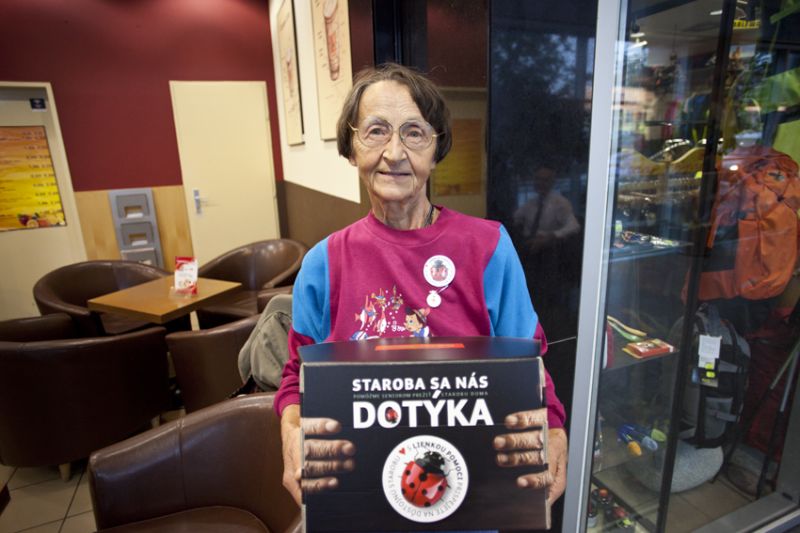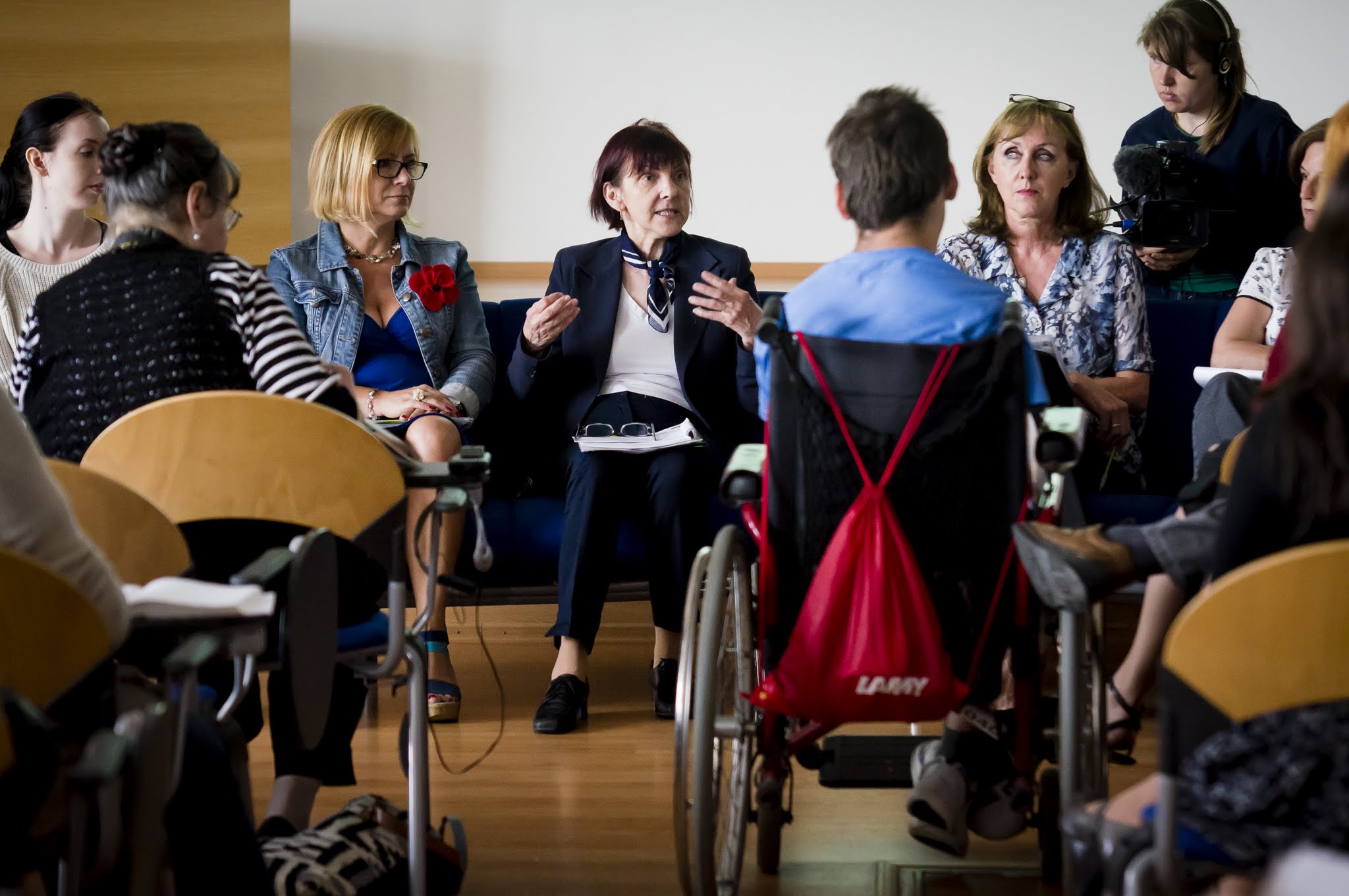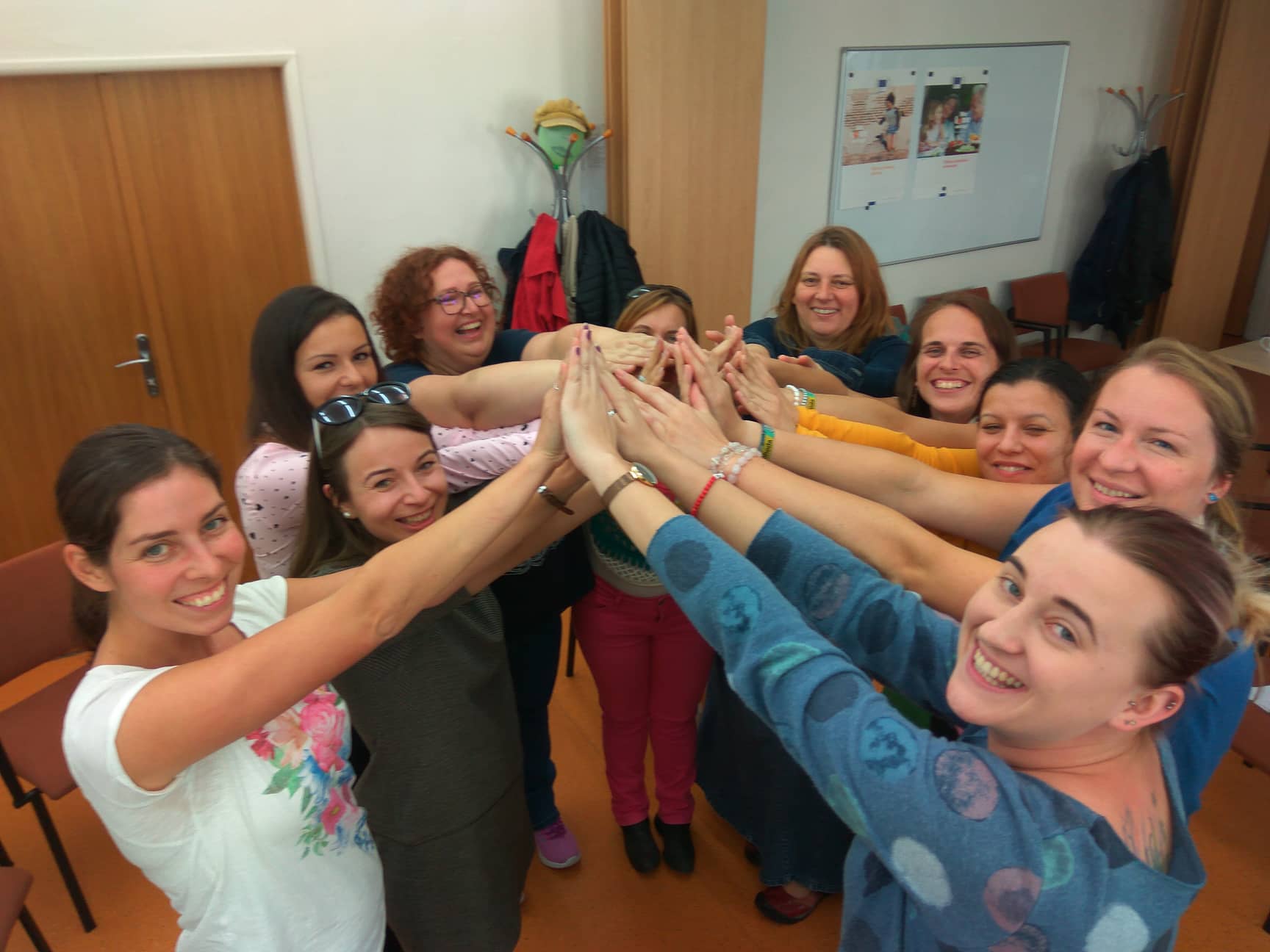- SOCIA - Nadácia na podporu sociálnych zmien, Záhradnícka 70, 821 08 Bratislava
- 02 / 5564 5214
- socia@socia.sk

SOCIA – Social Reform Foundation
WHO WE ARE
Since 2002, SOCIA Foundation has been influencing changes in the social system for the benefit of vulnerable social groups through its own activities and financial support.
- We believe that each human being is unique. Everyone has their value regardless of their mental, physical, material or other disadvantage.
- We believe that it is our obligation to create an environment in which good social services will originate as a response to the needs of people who are dependent on the help of others.
- We believe that the role of social services is to reflect on the needs of their clients. The services are to stimulate independence, responsibility and dignified life of the clients.
- We believe that the optimal environment for life is family and community; therefore the clients should receive social services in such an environment.
- We believe that the quality of life of socially disadvantaged groups can only improve when all of those involved cooperate as partners, e.g. clients, families, local office, church, state bodies, local companies, local entrepreneurs, social workers etc., and when both formal and non-formal solidarity exists among the groups.
OUR VISION
Our vision is a tolerant civil society that also includes people who need the help and support of others. The result of the cooperation of the "weak and strong" will be a sufficient number of quality support services that respond flexibly to the changing individual needs of users in their natural social environment throughout life.
HOW WE ACHIEVE THIS
By support in the community throughout life
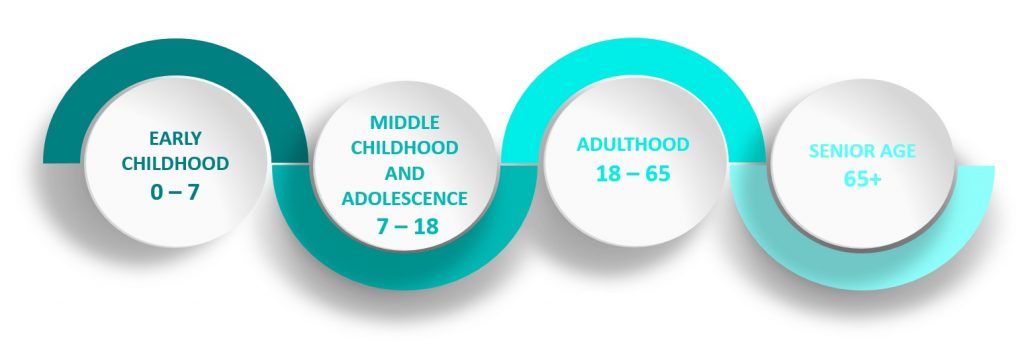
EARLY CHILDHOOD 0-7
The family needs EARLY INTERVENTION, RELIEF SERVICES and a wide range of other services: medical, rehabilitation and special education.
What our foundation implements:
Increasing the availability of new services – supporting the creation of EARLY INTERVENTION CENTERS, SUPPORTING PROVIDERS, CONNECTING KEY PLAYERS AND INDIVIDUALS, FAMILY COUNSELING
MIDDLE CHILDHOOD AND ADOLESCENCE 7-18
In this period of life, INCLUSIVE EDUCATION, leisure and appropriate sports activities are most important. However, without the usual services available, YOUTH SUPPORT SERVICES (such as career guidance) are not enough.
What our foundation implements:
TRANSITION PROGRAM IMPLEMENTATION, SUPPORTING PROVIDERS, LINKING KEY PLAYERS AND INDIVIDUALS
ADULTHOOD 18-65
Every adult needs work and housing. Therefore, SERVICES RELATED TO HOUSING AND INDEPENDENT LIVING and SUPPORTED EMPLOYMENT are very important, as well as further education, and various types of counseling or therapy.
What our foundation implements:
IMPLEMENTATION OF A TRANSITION PROGRAM, SUPPORT FOR INDEPENDENT LIVING, ESTABLISHING NEW SERVICES, SUPPORT FOR PROVIDERS, LINKING KEY PLAYERS AND INDIVIDUALS
SENIOR AGE 65+
Seniors need preventive active ageing programs, specialized health services and SUPPORTIVE FIELD AND OUTPATIENT SOCIAL SERVICES. For many, LONG-TERM HEALTH AND SOCIAL CARE is essential.
What our foundation implements:
SUPPORT IN THE DRAFTING OF THE LONG TERM CARE LAW, SUPPORT FOR PROVIDERS, LINKING KEY PLAYERS AND INDIVIDUALS, IMPLEMENTATION OF THE OLD AGE CONCERNS US CAMPAIGN
EVERYTHING WE DO IS AIMED AT ENABLING PEOPLE WITH HEALTH AND SOCIAL DISADVANTAGES TO LIVE INDEPENDENT LIVES.
Independent living means making decisions about your own life and taking responsibility for those decisions. People know their own needs best and know how to solve their own problems. If they need support, they need to know that they will get it, and to the extent that they choose, based on their own preferences.
HOW TO SUPPORT US
By the means of financial support and by its own activities SOCIA Foundation influences changes of the social system for the benefit of the most endangered social groups of inhabitants. We provide our services with maximum effectiveness, without unnecessary bureaucracy in the process of helping others. We do not confuse philanthropy with self-promotion or inappropriate promotion of our partners.
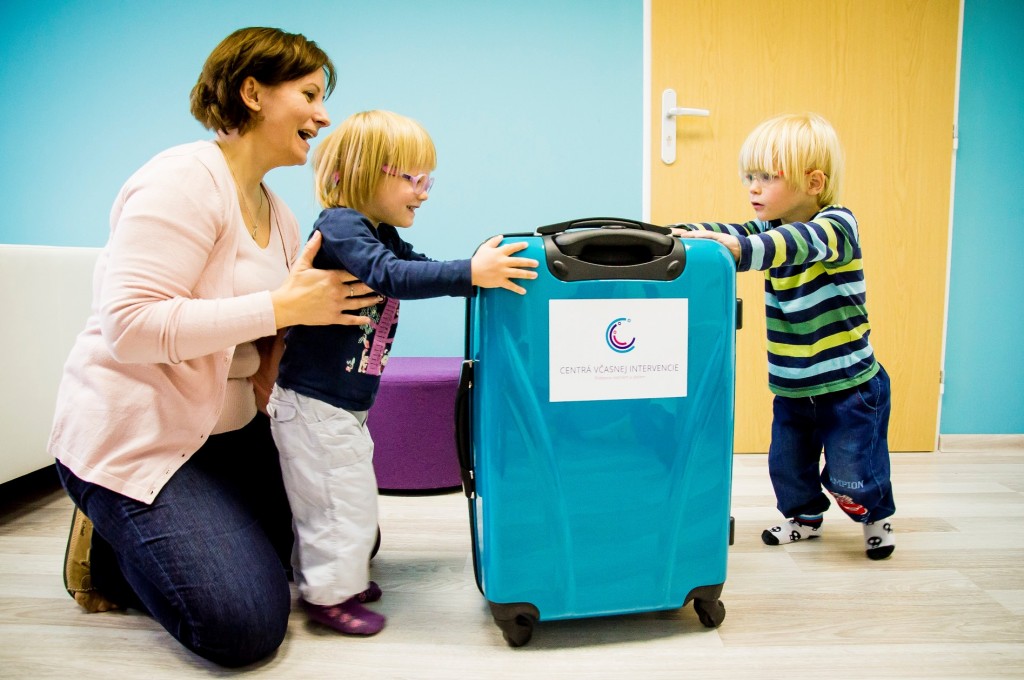
2 %
THANKS TO THE OBTAINED MEANS WE SUPPORT
- Social services in the community.
- Development of field services for seniors so that they can be as long as possible in the natural environment.
- Early intervention development - we support families in individual home care for disadvantaged children, so that they do not have to be placed in large facilities.
- Integrating people who have been placed in isolated and often closed facilities back to ordinary life and to normal accommodation or work
CHARITY ADVERTISING
- Charity advertising means advertising for charitable purposes obtained by a foundation, a non-profit organization, a non-investment fund and a civil association from entrepreneurs. Revenue from this charity advertising will be exempt from tax up to the amount of € 20,000, and entrepreneurs who provide these funds will put that cost into their expenses. The law also lays down an obligation for charity advertising recipients to use exempt revenues only for generally beneficial purposes, such as support and development of sport, support for education, protection of human rights, provision of social assistance, etc. On the part of the entrepreneur who has had expenses on charity advertising, these expenses are tax expenses and may reduce their tax base only after they have been paid.
- Charity advertising revenue should be used for a particular purpose before the end of the year following the year in which it was provided (similar to using 2 %).
- The amount of € 20,000 is the highest possible amount that organizations can accept and that the entrepreneur includes in their expenses.
ANYONE WHO WANTS TO BECOME A DONOR WE WILL BE HONORED TO MEET.
FOR MORE INFORMATION, PLEASE CONTACT:
Mgr. Vladislav Matej
Executive director of the foundation
matej@socia.sk
SOCIA – Social Reform Foundation
SOCIA – Nadácia na podporu sociálnych zmien
Záhradnícka 70
821 08 Bratislava
IČO: 318 163 98
banka: Tatra banka
IBAN SK27 1100 0000 0026 2582 8042
SWIFT TATRSKBX

